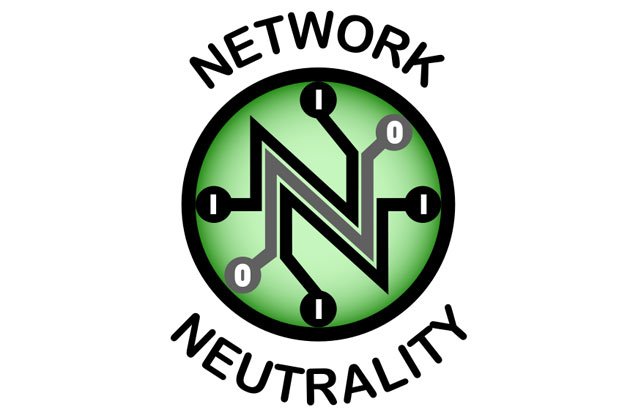Paris, 29 June 2015 — The Council of the European Union is looking to remove all reference to Net Neutrality in the regulation of telecommunications. While the Council has always refused to take a step towards a compromise, it has been looking for several weeks to put the responsibility for the failure of the negotiations on the European Parliament. Thus, it is with bad faith that the Council is taking on this 4th trialogue today ; with their aim to make the Parliament to give in.
Net Neutrality occupies an important place in the negotiations of the text on the regulation of telecommunications. Indeed, the Council is only trying to insert provisions likely to please big telco companies: authorisation of Deep Packet Inspection, price discrimination, suppression of all reference to Net Neutrality that would assure non-discrimination and equality in everyone’s data.
Since the beginning of the trialogue, the Council never stopped deleting any disposition in favour of rights and interests of European citizens. It bases itself on a cowardly disregard, indeed malice, of the European Commission regarding Net Neutrality, but also on the differences of opinion within the Parliament. So, as the negotiators are divided – with Michel Reimon leading those in favour of Net Neutrality against the rapporteur Pilar del Castillo with the telecoms companies – the Council is playing the troublemaker.
This bad faith on the part of the Council is unacceptable. Its attempt one more time to favour powerful companies at the expense of citizens and their insidious efforts to divide the Parliament are completely irresponsible. The French government is no exception: having fought Net Neutrality for a long time it attempts to improve its image without ever providing a clear definition of this principle and by refusing that any definition be included in EU law.

While the author of the notion of Net Neutrality, professor Tim Wu, is worried about the European negotiations on this matter, he declared last week that “the Internet in Europe will never recover if those propositions [from the Council] are adopted”. Besides, such dispositions could secure the dominance of US platforms in Europe.
La Quadrature du Net calls on Member States to respect EU citizens through legislative tools which would ensure their access to the Internet without discrimination, and to accept the initial proposals of the European Parliament, which proposed a balance between protection of rights and freedoms of users on the one hand and innovation and free competition on the other.
While Europe risks having its fragile democratic institutions collapse, the European Parliament has even increased responsibilities towards all citizens. La Quadrature du Net calls on the European Parliament to remain faithful to their vote from April 2014 and to remain very firm over the provisions favorable to the preservation of a neutral Internet, democratic and innovative.
“The Council can not continue to violate the rights and freedoms of citizens. Their attempts to focus on the European Parliament as being responsible for the failure of negotiations will not allow them to hide their own inability to bring European democratic values and defend the fundamental rights of citizens,” said Agnès de Cornulier, coordinator of legal and policy analysis for La Quadrature du Net.
Main issues in the current document:
- Article 1: In the objectives of the regulation, the Council has been deleting all references to the “preservation of rights of final users” and to the “non discriminatory processing of traffic” when this should appear as one of the main principles of the regulation. The Parliament in its latest suggestion has been trying to maintain this disposition.
- Article 2: the Council is deleting the definition of Net Neutrality and all the references to it in the following articles. An “open Internet” (art. 1) cannot guarantee transparency and non-discriminatory measures.
- The Council is also deleting the definition of “specialised services” (that differ from the principle of “best effort” and are based on an optimised quality of service for a given application). This article kept the interdiction of discrimination between the services and the applications functionally equivalent. This is a key measure to avoid discrimination against SMEs and to assure fair competition within the EU even if the telco operators can decide to give an online access via specialised services. The Parliament could accept a new definition less restrictive and thus less protective for users and SMEs.
- Article 3-2 allows Internet Service Providers to conclude specific agreements with final users. Those agreements could lead to discriminatory practices regarding the fees/prices and thus break Net Neutrality: it is for example the case for zero-rating services that puts in place discrimination based on online content and can favour dominating platforms on competition. The European Parliament is looking to maintain the requirement of non-discrimination.
- The article 3-3 on the measure of traffic management does not protect users from agreements that break their rights. It could also lead ISP’s to act on the content using Deep Packet Inspection, and not on the network. The European Parliament is trying to add a disposition forbidding ISP’s to analyse the content of the packets. Beside, the considering 8a authorises compression techniques which de facto harm content.

